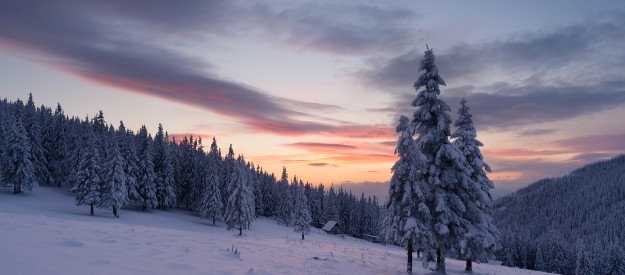"We are losing our attitude of wonder, of contemplation, of listening to creation and thus we no longer manage to interpret within it what Benedict XVI calls 'the rhythm of the love-story between God and man.'"
+ Pope Francis
On the eco-meaning of Christmas

I wrote the following for The Providence Journal, my local daily newspaper, which published it today. It seemed right to share it here.
I don't go shopping often. So when a friend and I went to a home furnishings store last week for Christmas gifts, I was startled at how much stuff towered over us.
It was dizzying to think of all the resources extracted to make this stuff and the packaging that went with it - not to mention the waste products from production, the water and air pollution, the tonnage of more wastes from throwing out all that packaging, and, sooner or later, from tossing the gift itself.
This hyper consumption is rather out of place since it contrasts with the very gospels that gave us Christmas in the first place.
The Bible tells us that creation is inherently good and ordered, and that we are meant to care for it; that true joy comes from lives lived simply and humbly; and that peace on earth comes when we put relationships first - when we sacrifice for not only the people we love, but also for those that we do not know.
The first hints of all this - of the meaning of Christmas - come in the Book of Genesis. Here we learn that creation is good and has an inherent order to it. The imagery of God molding Adam from clay is a nice foreshadowing of what science would eventually disclose, that the molecules that make up our bodies were formed in stars that shined and burnt out long ago.
Thus whether seen through the eyes of faith or reason, we are inextricably linked with the natural order. The birth of Christ, then, can be understood not only as divinity coming to save you and I from our troubles, and ultimately from death. It is also a cosmic event, meant for all creation.
This begs the question: if in the beginning God made creation good and orderly, and now enters the world to save us and it, who are we to sully and misuse the natural order of things?
Christianity offers a reason why we are so abusive to nature, its ecosystems, and its laws. It teaches that there is a brokenness within each of us that makes us susceptible to qualities like anger, greed, laziness, pride, uncontrollable lusts, envy and gluttony.
And when you think about it, these traits are often the foundations of our ecological woes - and so many others.
Christ came as he did - in the vulnerability of an embryo and eventually of a newborn babe - to bring divinity's life force to combat human vice from within - from inside the human heart. His coming to us in a family and in poverty reveals that one does not need worldly possessions to know heavenly peace.
This is not to say that the ownership of goods is wrong. Christianity has always rejected that notion.
In fact Catholics especially find an appreciation of creation's goodness and beauty in how natural materials are used in the life of the church - how water, oil, bread, and wine become means for God to continue being born into a world that most certainly needs his help.
And so making merry with halls decked in holly, tables crammed with punches and hams, and trees dressed with lights and ornaments are all good things. They help us celebrate and signify the goodness of creation, and of the Creator.
The trick, however, is to first adopt virtues like prudence, justice, fortitude and temperance so that we can enjoy the things of this world in proportions that are fair, and through means that are sustainable.
This is, in large part, what Christmas is about: not the piles of stuff, but the humble coming of God so that you and I can live the virtues that save souls, and that help each of us care for the great, life-sustaining garden called Earth.
Note: The Global Catholic Climate Movement held a webinar the other day on just this topic. It's available here for free.


















